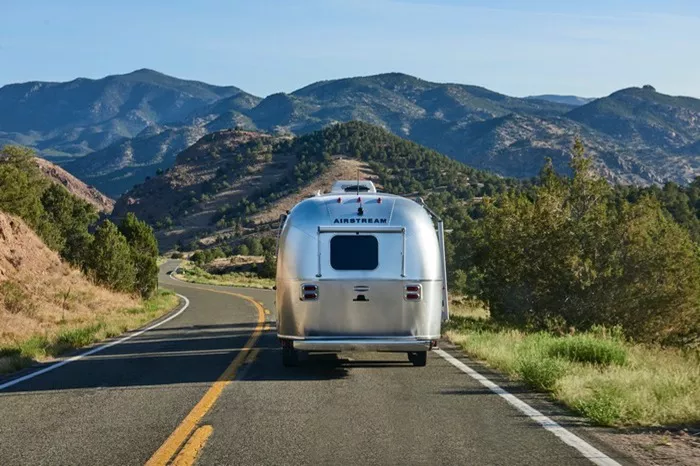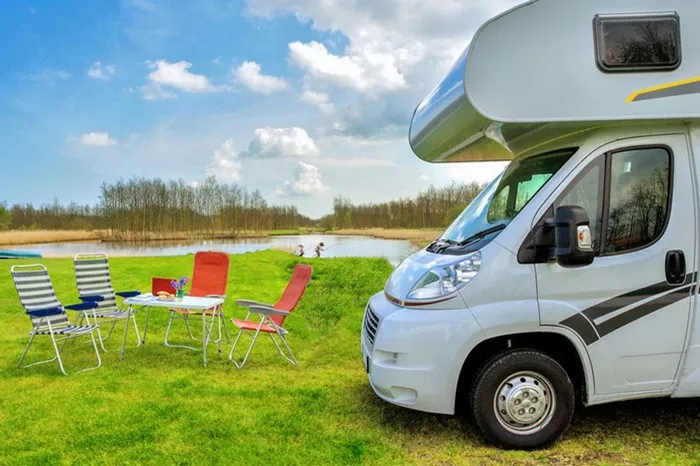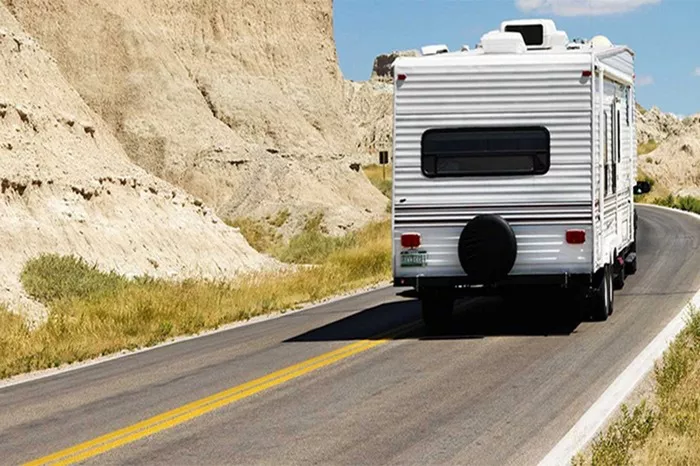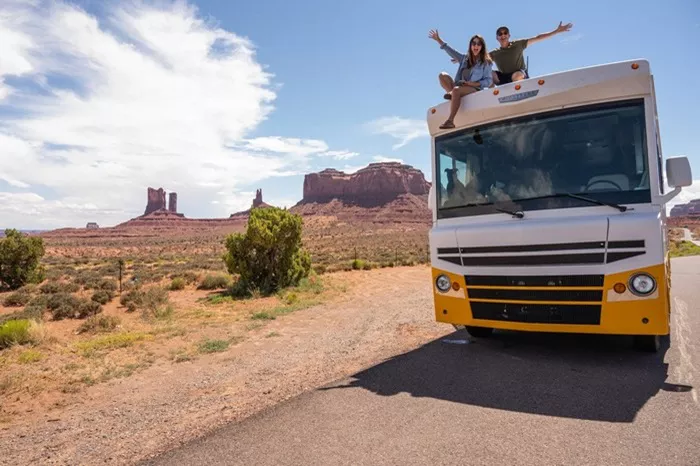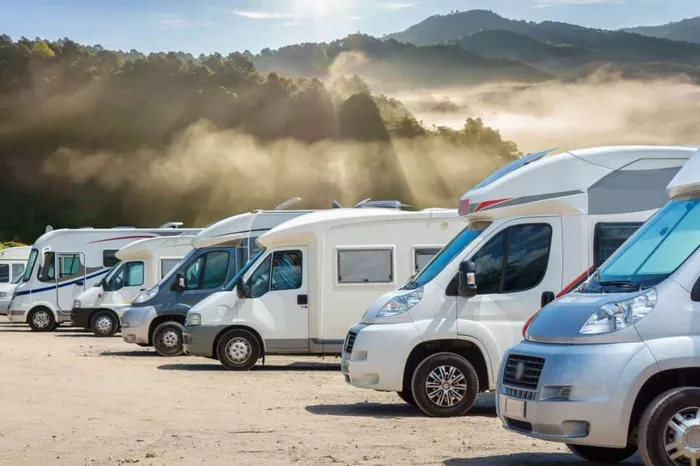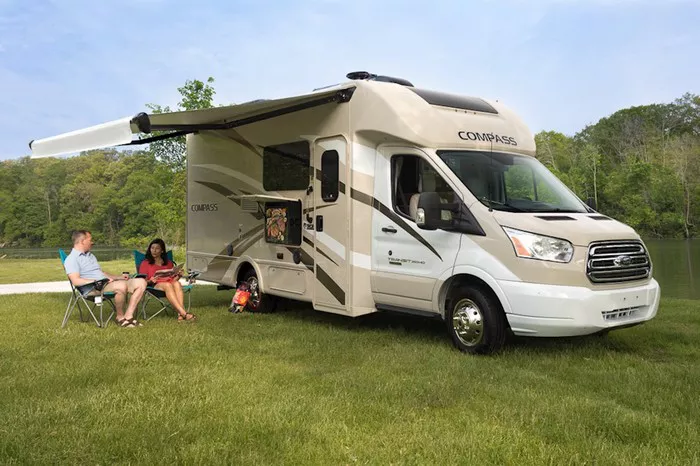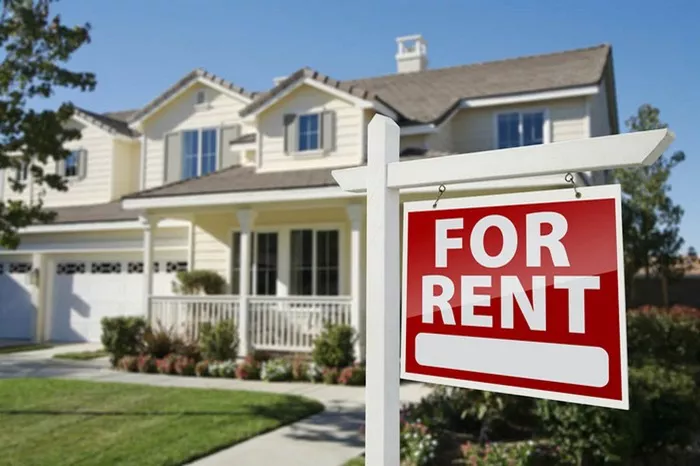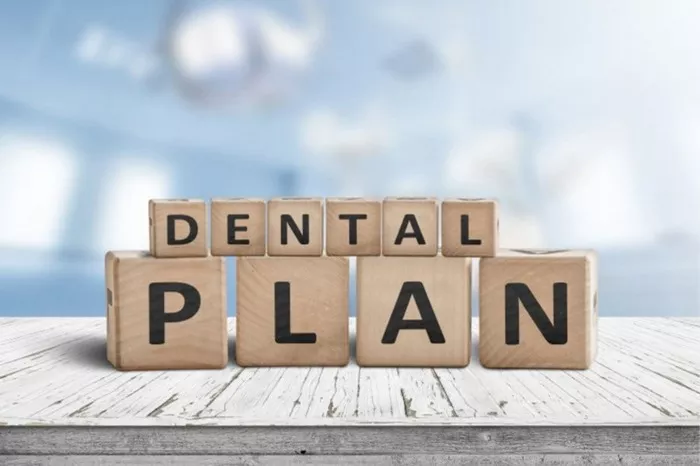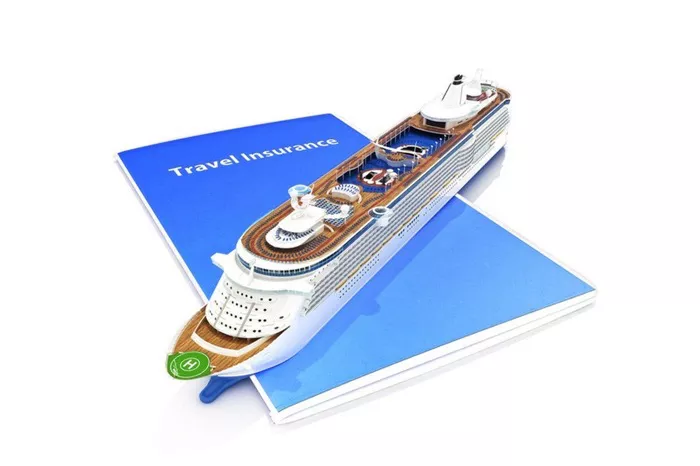Owning a recreational vehicle (RV) provides the freedom to travel and explore with the comforts of home. However, it also requires protection against various risks. Comprehensive RV insurance is a crucial part of safeguarding your investment. This type of coverage goes beyond basic liability insurance to cover a wide range of potential damages and losses.
Understanding Comprehensive RV Insurance
Definition of Comprehensive Coverage
Comprehensive RV insurance, often referred to as “other than collision” coverage, protects your RV against damages not caused by a collision. This includes a variety of risks such as theft, vandalism, natural disasters, and more. It is designed to provide peace of mind by covering unexpected events that could lead to significant repair or replacement costs.
Importance of Comprehensive Coverage
Comprehensive coverage is essential because it offers protection from a wide range of non-collision-related incidents. Without it, RV owners would have to bear the financial burden of repairs or replacement due to unforeseen events. This type of insurance ensures that your RV remains protected, allowing you to enjoy your travels without constant worry about potential risks.
What Comprehensive RV Insurance Covers
1. Theft and Vandalism
Protection Against Theft
One of the primary benefits of comprehensive RV insurance is coverage for theft. If your RV or any of its contents are stolen, comprehensive insurance can help cover the cost of replacement. This is especially important for RV owners who travel frequently and may leave their vehicle unattended for extended periods.
Coverage for Vandalism
Comprehensive insurance also covers damage caused by vandalism. Whether it’s broken windows, graffiti, or other forms of deliberate damage, your policy can help pay for repairs. This protection is crucial for maintaining the appearance and functionality of your RV.
2. Natural Disasters
Weather-Related Damage
RVs are often exposed to various weather conditions, which can cause significant damage. Comprehensive insurance covers damage from natural disasters such as hurricanes, tornadoes, hail, and floods. This ensures that you are not left with costly repairs after a severe weather event.
Fire Damage
Fires can cause extensive damage to an RV, leading to costly repairs or even total loss. Comprehensive coverage includes protection against fire damage, whether it’s caused by an internal malfunction or an external source. This is vital for safeguarding your investment against one of the most destructive risks.
3. Animal Damage
Wildlife Collisions
Collisions with animals can cause significant damage to your RV. Comprehensive insurance covers repairs resulting from such incidents. Whether it’s a deer running into your path or smaller animals causing damage, your policy can help cover the costs.
Rodent and Insect Damage
Damage caused by rodents and insects can also be covered under comprehensive insurance. This includes chewing through wires, nesting in the engine, and other issues that can arise from wildlife. Protecting against these risks ensures that your RV remains in good condition.
4. Falling Objects
Tree Branches and Debris
Falling objects, such as tree branches or debris, can cause substantial damage to your RV. Comprehensive insurance covers these types of incidents, helping you avoid out-of-pocket expenses for repairs. This protection is especially important for RV owners who frequently park in wooded or rural areas.
Other Falling Objects
In addition to natural debris, comprehensive coverage includes protection against man-made falling objects. This could include construction materials, signage, or other items that might fall and damage your RV. Having this coverage ensures that you are protected in a wide range of scenarios.
5. Glass Breakage
Windshield and Window Damage
Comprehensive insurance typically covers glass breakage, including windshields and windows. Whether it’s a rock hitting your windshield while driving or an accident causing window damage, your policy can help cover the costs of repair or replacement.
Coverage for Custom Glass
If your RV has custom or specialized glass, comprehensive insurance can cover the higher costs associated with replacing these items. This ensures that your RV’s unique features are protected and can be restored to their original condition.
6. Non-Collision Incidents
Accidental Damage
Comprehensive insurance covers a variety of non-collision incidents that might damage your RV. This includes things like accidental damage caused by hitting a stationary object, such as a tree or post, while maneuvering your RV. These incidents are common and can lead to significant repair costs without comprehensive coverage.
Acts of Misfortune
Other acts of misfortune, such as flooding or landslides, are also covered under comprehensive insurance. These events can occur unexpectedly and cause extensive damage to your RV. Having comprehensive coverage ensures that you are protected against these unpredictable risks.
Additional Benefits of Comprehensive RV Insurance
1. Emergency Expense Coverage
Temporary Living Expenses
If your RV becomes uninhabitable due to a covered event, comprehensive insurance can help cover temporary living expenses. This includes costs for lodging, meals, and transportation while your RV is being repaired or replaced. This benefit is crucial for full-time RVers who rely on their vehicle as their primary residence.
Travel Expenses
Comprehensive coverage can also include travel expenses incurred while your RV is being repaired. This ensures that you can continue your journey or return home without facing additional financial strain. Having this coverage provides peace of mind, knowing that you won’t be stranded or forced to cut your trip short.
2. Towing and Labor Costs
Roadside Assistance
Many comprehensive RV insurance policies include roadside assistance. This service covers towing, tire changes, jump-starts, and other roadside emergencies. Having roadside assistance ensures that you can get back on the road quickly and safely after a breakdown.
Labor Costs for Repairs
In addition to towing, comprehensive insurance can cover labor costs for on-site repairs. This includes services such as locksmith assistance, fuel delivery, and other minor repairs that can be performed on the spot. This benefit helps minimize inconvenience and ensures that your RV remains in good working condition.
3. Personal Belongings Coverage
Protection for Personal Items
Comprehensive RV insurance often includes coverage for personal belongings inside the RV. This includes items such as clothing, electronics, kitchenware, and more. If your personal items are damaged or stolen, your policy can help cover the cost of replacement.
Extended Coverage for High-Value Items
For RV owners who carry high-value items, such as jewelry or specialized equipment, comprehensive insurance can offer extended coverage. This ensures that your valuable possessions are protected, even while on the road.
4. Custom Equipment Coverage
Protection for Upgrades and Modifications
If you have customized your RV with special equipment or modifications, comprehensive insurance can cover these enhancements. This includes things like custom paint jobs, upgraded appliances, and added features. Having this coverage ensures that your investments in improving your RV are protected.
Coverage for Attached Accessories
Attached accessories, such as awnings, satellite dishes, and solar panels, can also be covered under comprehensive insurance. This protection ensures that all aspects of your RV are safeguarded against damage or loss.
see also: How to Get RV Insurance
Choosing the Right Comprehensive RV Insurance
1. Evaluating Coverage Needs
Assessing Risks
When selecting comprehensive RV insurance, it’s important to assess the specific risks associated with your RV usage. Consider factors such as where you travel, how often you use your RV, and the value of your personal belongings. This will help you determine the appropriate level of coverage.
Determining Coverage Limits
Choose coverage limits that align with the value of your RV and its contents. Ensure that your policy provides adequate protection without overpaying for unnecessary coverage. Review your policy regularly to make adjustments as needed.
2. Comparing Providers
Researching Insurance Companies
Research different insurance companies to find the best comprehensive coverage for your needs. Look for providers with strong financial ratings, positive customer reviews, and a history of reliable claims processing.
Requesting Quotes
Request quotes from multiple providers to compare premiums and coverage options. Use online tools and speak with insurance agents to get a clear understanding of what each policy offers. Comparing quotes can help you find the best value for your comprehensive RV insurance.
3. Understanding Policy Terms
Reading the Fine Print
Carefully read the terms and conditions of each policy to understand what is covered and any exclusions that may apply. Pay attention to details such as coverage limits, deductibles, and claims procedures.
Asking Questions
If you have any questions or concerns about a policy, don’t hesitate to ask your insurance agent for clarification. Understanding your policy thoroughly ensures that you know what to expect in the event of a claim.
4. Considering Discounts
Available Discounts
Many insurance providers offer discounts for RV owners. These can include multi-policy discounts, safe driver discounts, and discounts for RV club memberships. Take advantage of these savings opportunities to lower your premium.
Bundling Policies
Consider bundling your RV insurance with other policies, such as auto or home insurance, to qualify for additional discounts. Bundling can simplify your insurance management and provide cost savings.
Conclusion
Comprehensive RV insurance provides essential protection against a wide range of non-collision-related risks. From theft and vandalism to natural disasters and falling objects, this coverage ensures that your RV is safeguarded against unexpected events. Additional benefits, such as emergency expense coverage, roadside assistance, and protection for personal belongings, further enhance the value of comprehensive insurance.
By understanding what comprehensive RV insurance covers, you can make informed decisions about your coverage needs. Evaluating your risks, comparing providers, and understanding policy terms will help you choose the right insurance for your RV. With comprehensive coverage in place, you can enjoy the freedom of the open road with confidence, knowing that your investment is protected against a variety of potential hazards.
Whether you are a weekend traveler or a full-time RVer, comprehensive RV insurance is a critical component of responsible RV ownership. It provides the peace of mind needed to fully enjoy your adventures, knowing that you are prepared for whatever comes your way. Protect your RV and your travels by investing in comprehensive coverage today.

